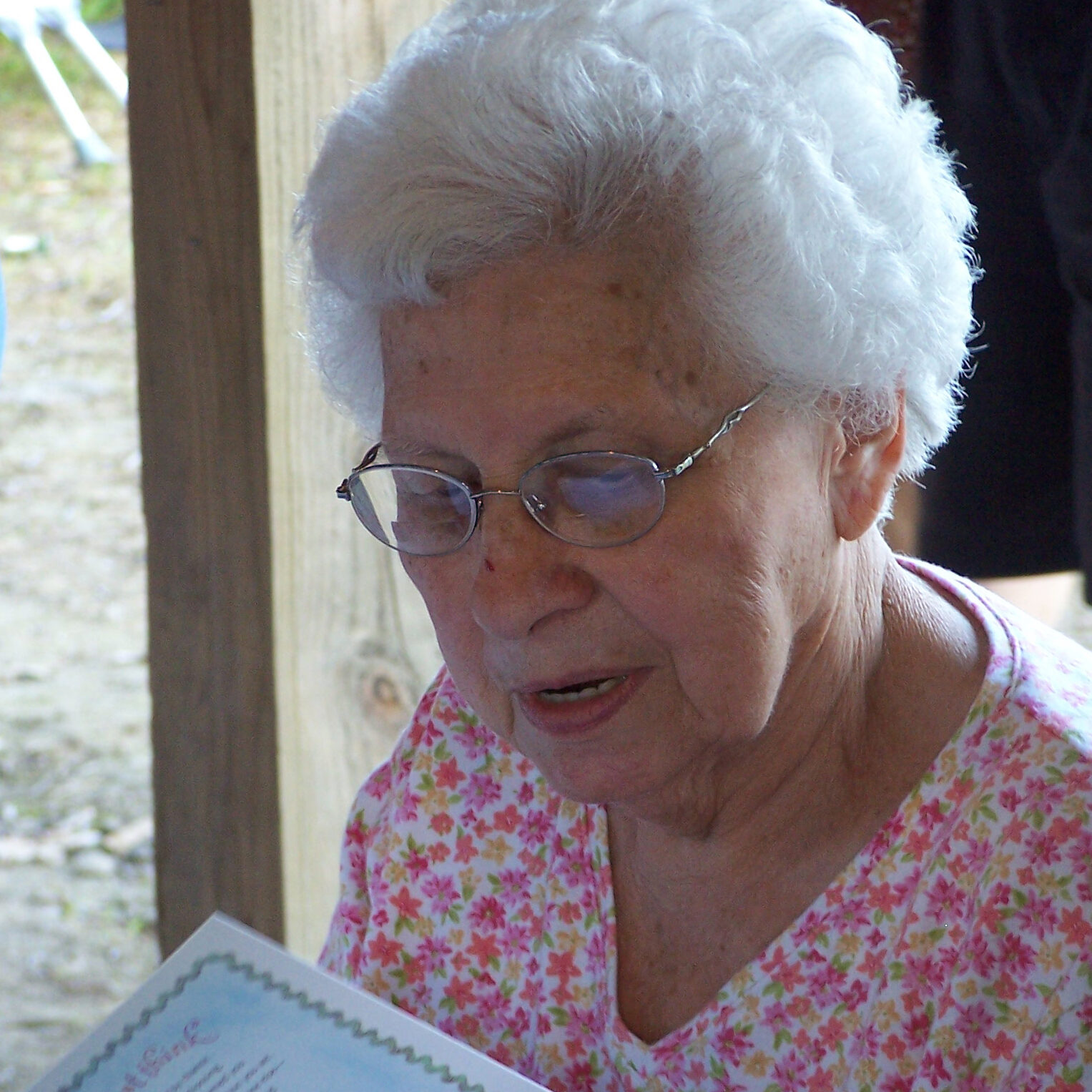
“I am beyond upset, livid, the whole deal, because we find out that from one of the tests they gave her…she had contracted C. diff.”
The Reverend Sally Jo Snyder comes from a long line of resilient women, with her mother, Dorothy Beale Snyder, being one of them. Sally Jo fondly recalls her mom as “just a strong, constant, caring woman of deep river faith…I can’t remember her ever being sick.”
So, when Dorothy was diagnosed with myelodysplastic syndrome (MDS), a group of cancers that prevent blood stem cells from maturing into healthy blood cells, it shattered their world. Sally Jo and her four siblings rallied together, determined to care for their beloved mother.
During Dorothy’s treatment, the fragmented health care system in Pittsburgh, PA, created numerous challenges. Her hematologist, primary care provider (PCP), and rheumatologist belonged to competing health systems, resulting in a dangerous communication breakdown. At one point, a prescribed medication nearly killed her.
Then one morning, while Dorothy was in a relatively stable condition, the hospital decided to discharge her. But soon after, Sally Jo received a frantic call from her mother, who had become gravely ill with severe diarrhea. Alarmed, she notified her siblings and rushed to the hospital, desperately seeking answers from the PCP. It took two agonizing days to get a response, during which Dorothy’s condition deteriorated further.
Then, a call from a cousin working in the hospital’s administration sent chills down Sally Jo’s spine: the hospital planned to release Dorothy to a nursing home that very day, trying to send her for physical therapy to tick off a box to justify her discharge. In horror, Sally Jo immediately called the hospital and fiercely declared, “You are not discharging her. You’re simply not.”
The hospital’s intentions were clear — they wanted Dorothy, still very ill, out of their facility.
Later, the hematologist’s partner pulled Sally Jo aside, saying, “Sally, you have to understand, this hospital is losing money.” In a moment when they needed empathy the most, their doctors revealed their true priorities, financial loss over human life.
For hours, Sally Jo tried to contact the hospitalist in charge of her mother’s care, with no response. When the hospitalist finally arrived, he coldly informed her, “Your mother is very ill. Her systems are failing.” Sally Jo’s heart shattered as she demanded, “Doctor, when the hell did this happen? Because two days ago, she was to be discharged.”
No one offered compassion or concern. “I am beyond upset, livid, the whole deal, because we find out that from one of the tests they gave her…she had contracted C. diff,” Sally Jo shared, referring to Clostridium difficile, the most common cause of health-care-associated infections.
Determined to find better care, the family moved Dorothy to a different hospital the next day where the staff spoke honestly and with compassion about Dorothy’s condition. However, after only three days, on the first sunny day after a week of rain, the hospital-acquired infection claimed Dorothy’s life. If the initial hospital had prioritized her care over their finances, this tragic loss might have been avoided.
Add your voice to help us continue to push for the best health and health care for all.
SHARE YOUR STORY